Amazing Health Benefits of Cucumber (Cucumis sativus)

The cucumber (Cucumis sativus) is a widely cultivated creeping vine plant in the family Cucurbitaceae that bears cylindrical to spherical fruits, which are used as culinary vegetables. Considered an annual plant, there are three main types of cucumber—slicing, pickling, and seedless—within which several cultivars have been created.
Cucumbers are a low-calorie, hydrating and nutritious food that can help with various aspects of your health. Here are some of the benefits of eating cucumbers:
- They increase your hydration. Cucumbers are made up of about 96% water, which can help you meet your daily fluid needs and prevent dehydration.
- They strengthen your bones. Cucumbers are high in vitamin K, which is essential for bone health and calcium absorption. Vitamin K can also reduce the risk of bone fractures and osteoporosis.
- They promote gut health. The water and fibre in cucumbers can aid digestion and prevent constipation. Cucumbers also contain lignans, which are phytochemicals that may have beneficial effects on the gut microbiome.
- They support blood sugar control. Cucumbers have a low glycemic index, which means they do not cause a rapid spike in blood sugar levels after eating them. They may also help lower blood sugar and improve insulin sensitivity in people with diabetes.
- They prevent cancer. Cucumbers are rich in antioxidants, such as flavonoids and tannins, which can protect your cells from oxidative stress and inflammation. These antioxidants may also have anti-cancer properties and inhibit the growth of tumour cells.
- They improve heart health. Cucumbers contain potassium, magnesium and fibre, which are very important nutrients for maintaining healthy blood pressure and preventing cardiovascular disease. Cucumbers may also lower cholesterol and triglyceride levels in the blood


Mineral properties of cucumbers
- Calcium: It helps build and maintain strong bones and teeth, supports muscle and nerve function, and regulates blood clotting.
- Magnesium: It participates in over 300 enzymatic reactions, supports energy production, regulates blood pressure and blood sugar, and supports muscle and nerve function.
- Potassium: It balances fluid and electrolyte levels, regulates blood pressure and heart rate, and supports muscle and nerve function.
- Manganese: It acts as a cofactor for many enzymes, and supports metabolism, bone formation, and antioxidant defense.
To get the most of these minerals, it is recommended to eat cucumbers with their peel, as they contain more nutrients than the flesh.
Chemical properties of cucumber
- It has a high water content of about 96%, which makes it hydrating and low in calories.
- It contains phytochemicals such as terpenoids, reducing sugar, glycosides, resins, flavonoids, alkaloids, phenols, saponins, steroids and tannins, which may have antioxidant, anti-inflammatory, antimicrobial, anticancer, and blood sugar-lowering effects.
- It produces cucurbitacin C, a bitter compound that acts as a defence mechanism against herbivores and may also have anti-cancer properties.
- It is rich in minerals such as calcium, magnesium, potassium, and manganese, which are important for bone, muscle, nerve, and metabolic functions.
- It is a good source of vitamin K, which is essential for blood clotting and bone health
Ways to use cucumber (Cucumis sativus)
Cucumbers are a versatile and refreshing vegetable that can be used in many ways. Here are some ideas for how to use cucumbers:
- Make a salad. Cucumbers are great for adding crunch and hydration to salads. You can toss them with lettuce, tomatoes, cheese, and dressing, or make a simple cucumber-onion salad with vinegar and sugar.
- Make pickles. Pickling cucumbers is a fun and easy way to preserve them and add flavour. You can use vinegar, salt, sugar, and spices to make quick cucumber pickles in your fridge or try making cucumber kimchi for a spicy and probiotic twist.
- Make a soup. Cucumbers can be blended into a cold and creamy soup that is perfect for hot summer days. You can add yoghurt, sour cream, herbs, and garlic to make a refreshing cucumber soup that can be served with bread or crackers.
- Make a sauce. Cucumbers can be mixed with yoghurt, lemon, garlic, and dill to make a delicious sauce called tzatziki that can be used as a dip, a spread, or a topping for grilled meats and vegetables.
- Make a dressing. Cucumbers can also be pureed with avocado, lime, and cilantro to make a creamy and tangy dressing that can be drizzled over salads, bowls, or wraps.
- Make a cocktail. Cucumbers can add a refreshing and cooling touch to your summer drinks. You can muddle them with mint, lime, and gin to make a cucumber mojito or infuse them with vodka, lemon, and simple syrup to make a cucumber martini.
- Make a smoothie. Cucumbers can help you stay hydrated and energized with a green smoothie. You can blend them with spinach, banana, almond milk, and honey to make a simple and healthy smoothie that can be enjoyed for breakfast or as a snack.
- Make a salsa. Cucumbers can add a crunchy and fresh contrast to spicy and savoury dishes. You can chop them with melon, jalapeño, cilantro, and lime to make a fruity and spicy salsa that can be served with grilled chicken, fish, or tacos.
- Make a sandwich. Cucumbers can add a crisp and light layer to your sandwiches. You can slice them thinly and layer them with cream cheese, herbs, and bread to make a classic cucumber sandwich that is perfect for tea time or a picnic.
- Make a noodle. Cucumbers can be spiralized or peeled into thin noodles that can be used as a low-carb and gluten-free alternative to pasta. You can toss them with a spicy and savoury sauce made with soy sauce, vinegar, chilli, garlic, and sesame oil to make a refreshing and satisfying noodle dish.



Some illnesses that can be treated with cucumber (Cucumis sativus)
- Dehydration: Cucumbers are very hydrating, as they contain about 96% water. Eating cucumbers can help replenish the fluids and electrolytes lost due to dehydration.
- Constipation: Cucumbers are high in fibre, which can help improve bowel movements and prevent constipation. Cucumbers also have a mild laxative effect, as they stimulate the secretion of digestive juices.
- Cucumbers have a low glycemic index, which means they do not raise blood sugar levels too much after eating. Cucumbers may also help lower blood sugar and improve insulin sensitivity in people with diabetes, as they contain antioxidants and phytochemicals that have anti-diabetic effects.
- Skin problems: Cucumbers can be applied topically on the skin to treat various skin problems, such as sunburn, acne, eczema, and wrinkles. Cucumbers have cooling, soothing, anti-inflammatory, and anti-ageing properties that can help heal and rejuvenate the skin.
Side effect of cucumber
- Toxicity: Some cucumbers may contain a bitter compound called cucurbitacin, which is toxic and can cause stomach pain, nausea, vomiting, and diarrhoea. It is advisable to avoid eating cucumbers that taste bitter or have a strong odour.
- Fluid loss and imbalance: Cucumbers have a diuretic effect, which means they increase urine production and can cause fluid loss and electrolyte imbalance. This can lead to dehydration, low blood pressure, and kidney problems. People who have kidney disease, or diabetes, or are taking diuretic medications should be careful with their cucumber intake.
- Allergic reactions: Some people may be allergic to cucumbers or their seeds, and experience symptoms such as itching, swelling, hives, or difficulty breathing. People who have allergies to other plants in the same family, such as melons, squash, or pumpkins, may also be allergic to cucumbers.
- Respiratory problems: Cucumbers are considered to have a cooling effect on the body, which may aggravate respiratory conditions such as asthma, bronchitis, or colds. People who have these problems should avoid eating cucumbers or drinking cucumber juice when they are sick or have trouble breathing.
- Pregnancy: Cucumbers are generally safe to eat during pregnancy, but they may cause some discomfort such as bloating, gas, or indigestion. Pregnant women should also be careful with the quality and hygiene of the cucumbers they eat, as they may be contaminated with harmful bacteria or pesticides.
These are some of the side effects of cucumber, according to some web sources. However, these side effects are rare and usually mild, and most people can enjoy cucumbers without any problems. Cucumbers are a nutritious and refreshing food that can provide many health benefits. The key is to eat them in moderation and with caution.

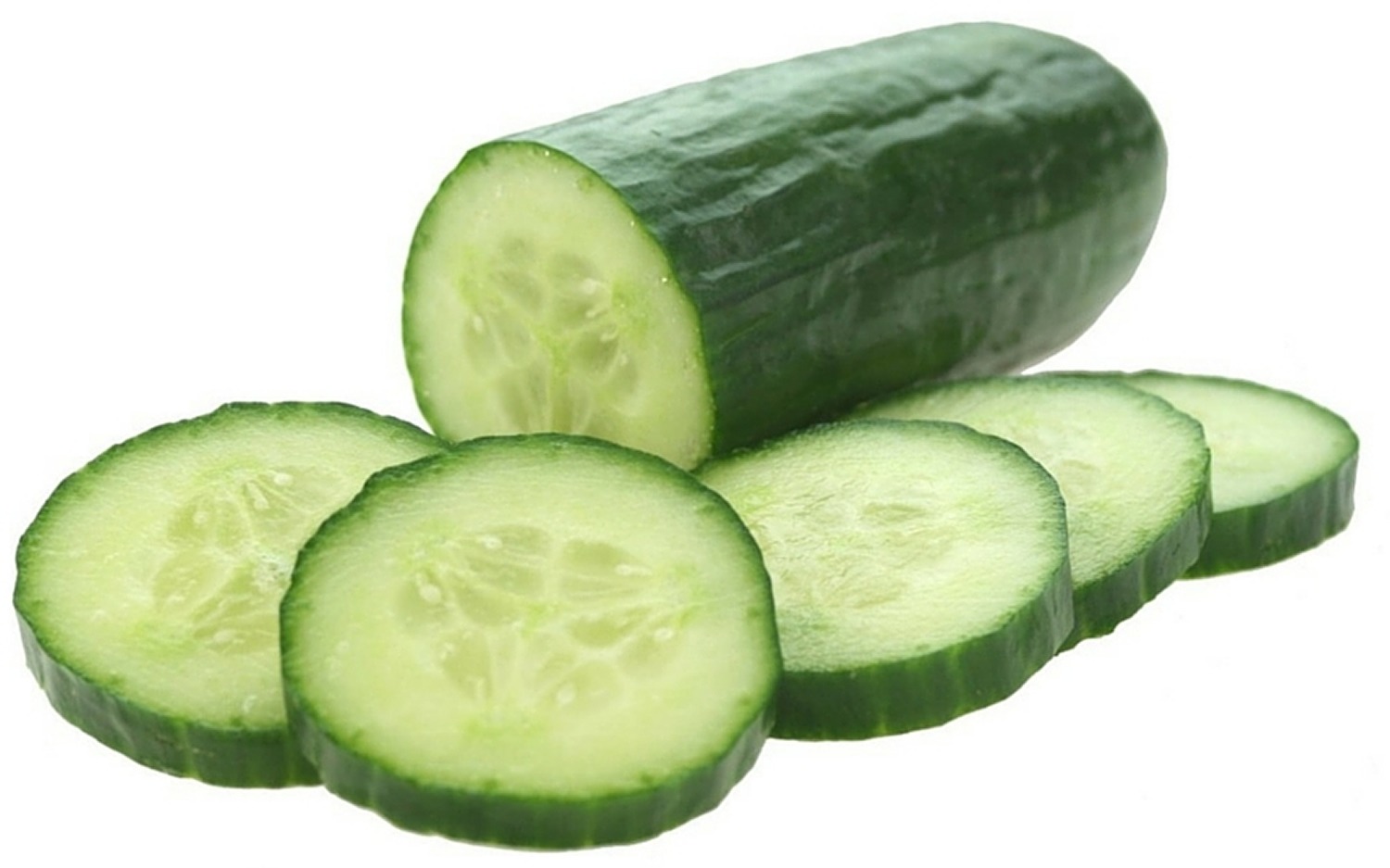


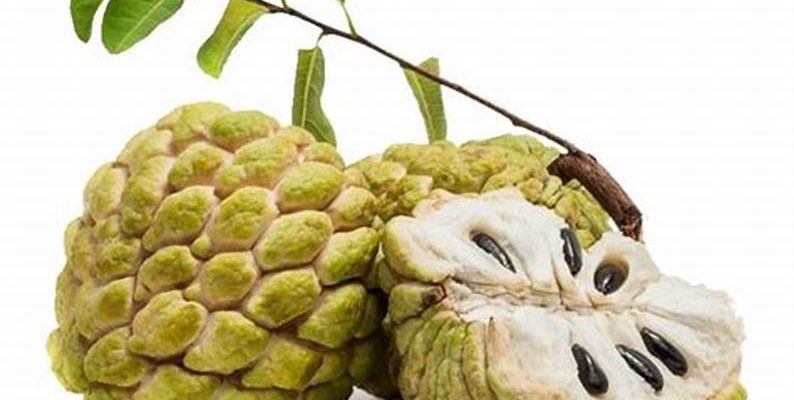
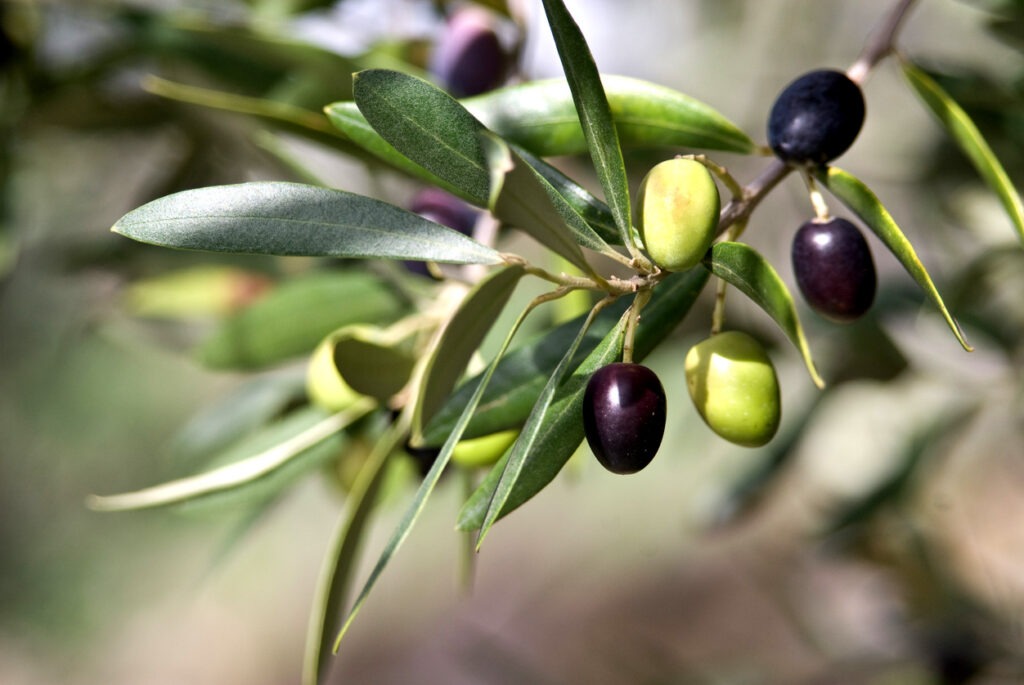
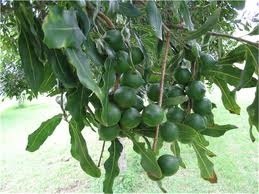
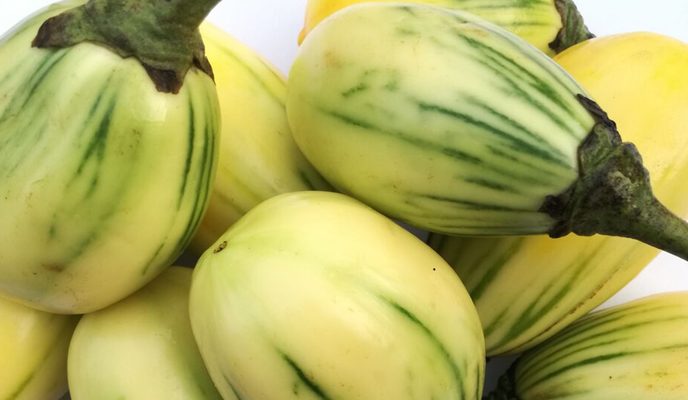

Review Cucumber (Cucumis sativus).
You must be logged in to post a review.